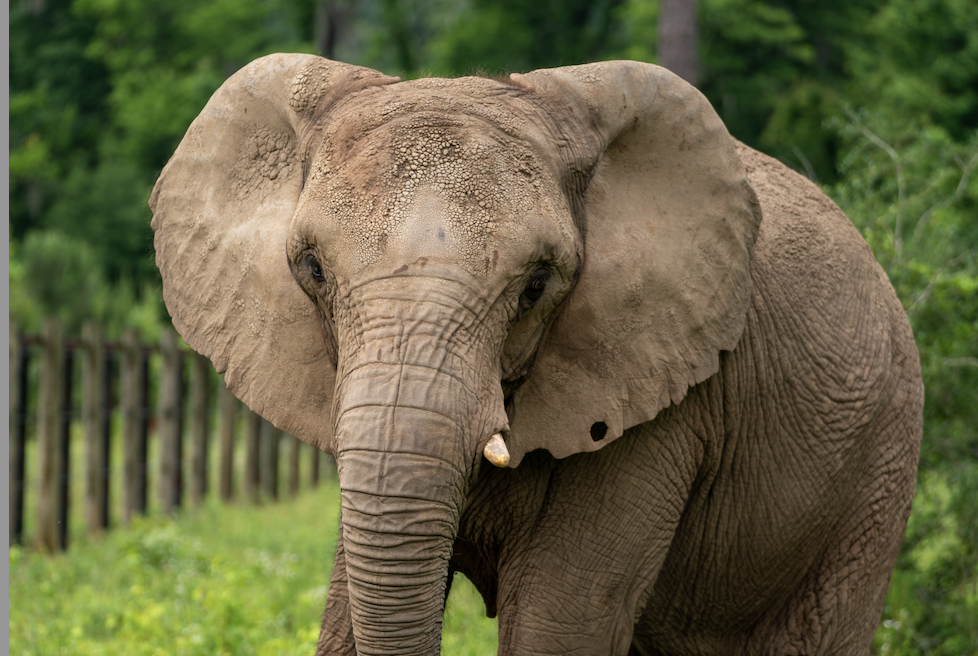Work for a travel company?
More than 500,000 wild animals are suffering for tourist entertainment worldwide. This includes cruel elephant rides, tiger petting, and dolphin performances. As a member of the travel industry, you can help protect animals by becoming a wildlife-friendly travel company.
Why work with us?
Consumers are increasingly demanding sustainable and responsible travel, including wildlife tourism. As the only animal advocacy non-profit organization with UN Consultative Status, our team is uniquely knowledgeable and well-equipped in the field of ethical wildlife tourism.
We’ve also worked with some of the world’s top travel companies including Airbnb, Booking.com, Expedia, Tripadvisor, TTC, EF, and Intrepid.
Not sure where to start? We’ve got you covered.
We’ve developed a comprehensive Animal Welfare Policy Template to make it easier for travel companies to develop a clear and meaningful animal welfare policy. Inside you’ll find steps for drafting a policy and a ready-to-go template. Download the template using the form below.
Have questions? Our team is here to help (at no cost) with:
- Reviewing draft policies
- Staff trainings
- Customer education
- And much more!
Reach out and let’s work together to end the cruel wildlife entertainment industry.
Responsible Wildlife Tourism Examples
Dana Point, California
Home to the first US Whale Heritage Site, Dana Point, California is known as the whale and dolphin watching capital of the world. Here you can experience “superpods,” hundreds of dolphins swimming together at once!
ChangChill
At ChangChill, an elephant sanctuary in Thailand, elephants roam free and get to choose what they want to do at their own pace. There’s nothing better than seeing elephants just be elephants.
Newly released Wildlife Heritage Areas program
Developed with the World Cetacean Alliance, the Wildlife Heritage Areas program recognizes global destinations that offer responsible wildlife-watching tourism, incorporating high standards of animal welfare, sustainability, and nature conservation to ensure wildlife, ecosystems, and communities can survive and thrive together.
One of the newest designated sites is the Santa Barbara Channel Whale Heritage Area in California. The site lies along one of the migration routes for grey whales and humpback whales. Other sites include Amazon Night Monkey Heritage Area in Peru and Apennines Marsican Bear Heritage Area in Italy.

